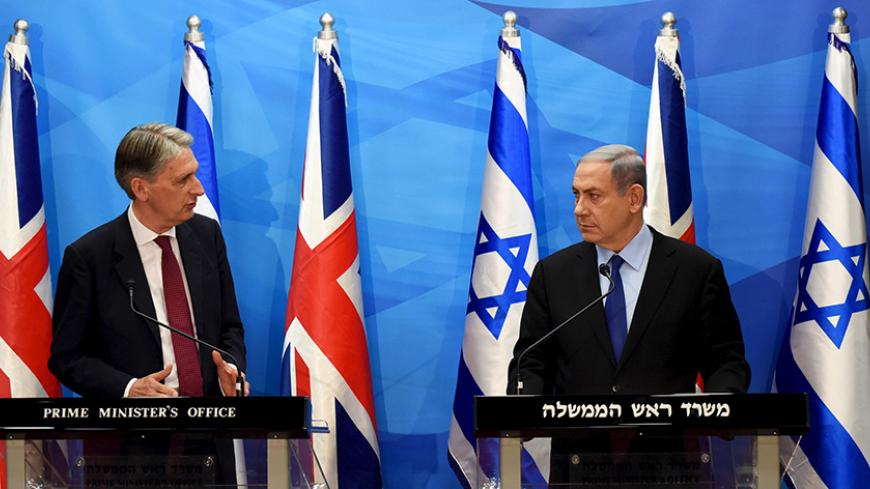A particularly awkward moment occurred when Isaac Herzog and Tzipi Livni met July 16 with British Foreign Secretary Philip Hammond on his brief visit to Israel. Herzog and Livni, leaders of the leading opposition faction in the Knesset, the Zionist Camp, bombarded Hammond with a series of complaints and questions regarding the various cracks they believe exist in the agreement between Iran and world powers, and the deal's many shortcomings.
Hammond provided them with detailed answers. Then the name of Gen. Qasem Soleimani popped up. Soleimani heads the Quds Force of the Iranian Revolutionary Guard Corps, which operates outside Iran in order to “spread the word” of the Islamic Revolution. Israel views the Quds Force as Iran’s main tool for fomenting terror. Herzog asked how it was possible that the world powers are taking Soleimani off the sanctions list, referring to his inclusion on a list of 32 top Iranians freed of international curbs under the terms of the agreement. Inclusion of Soleimani's name on the list appended to the agreement stunned many in Israel.



